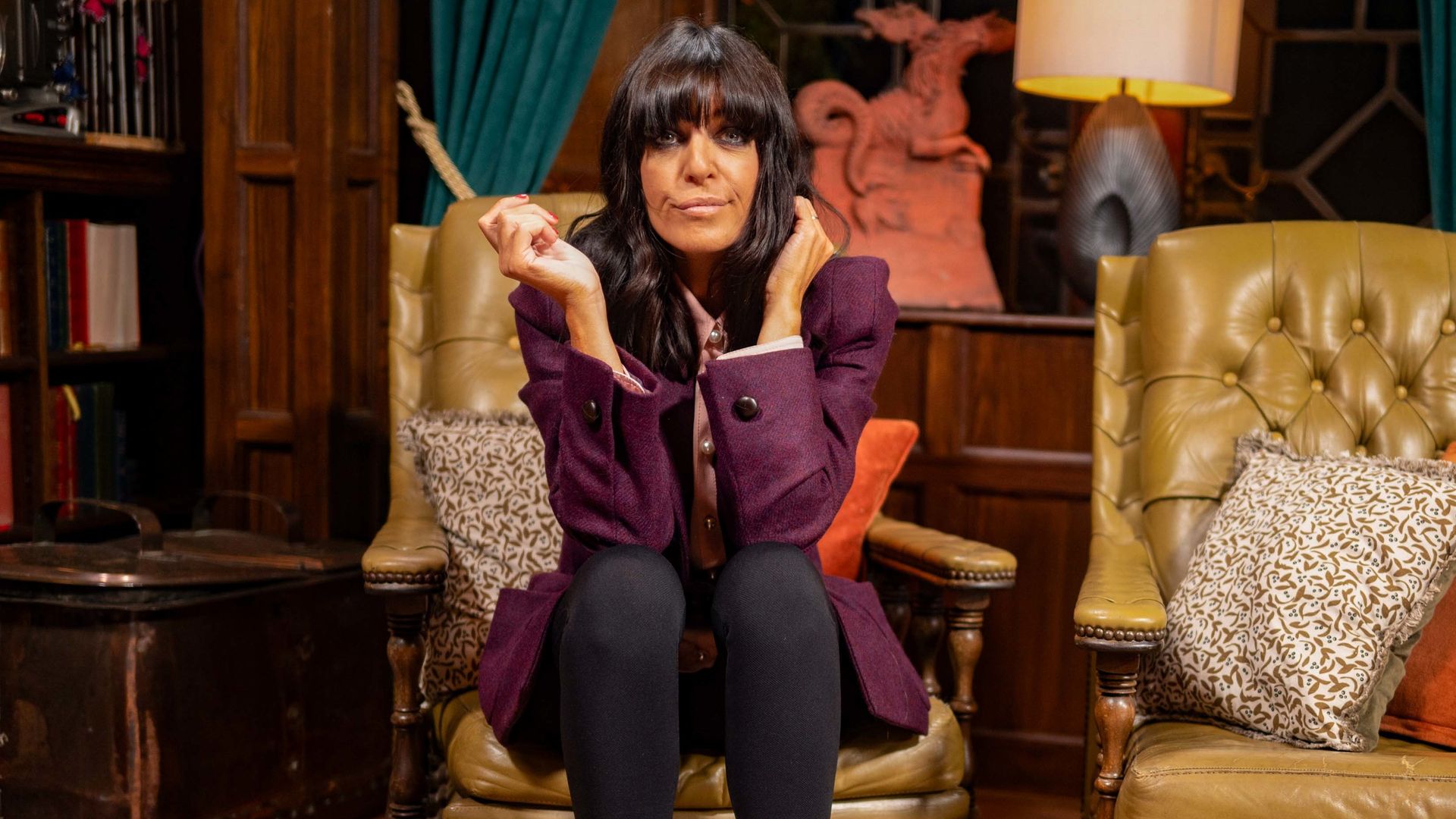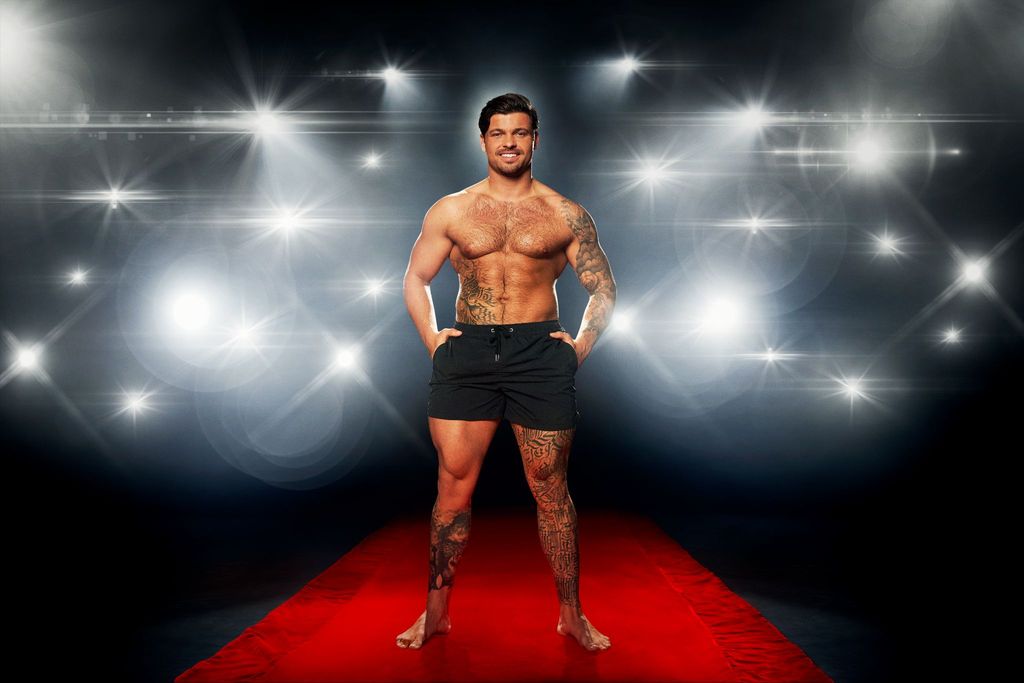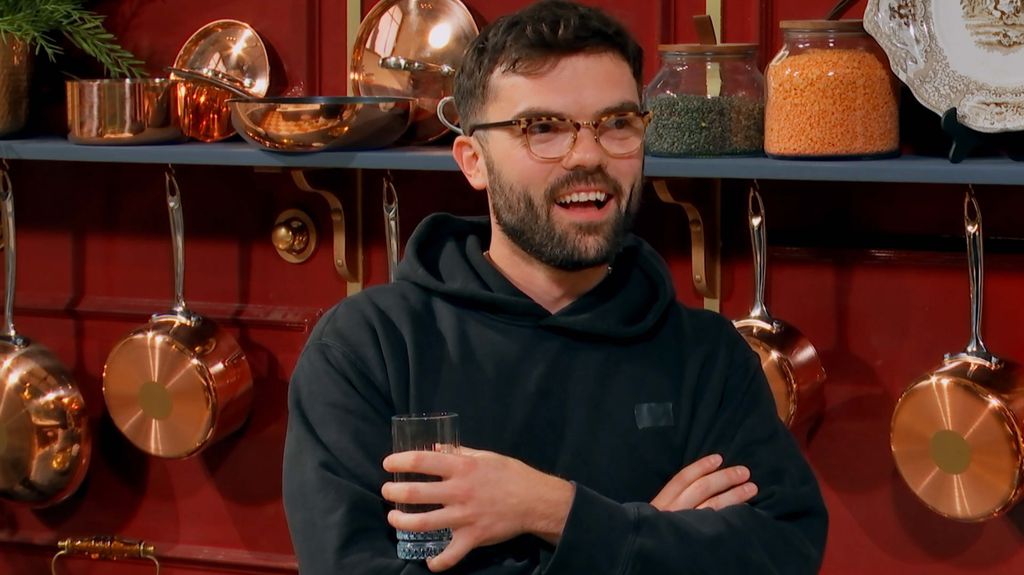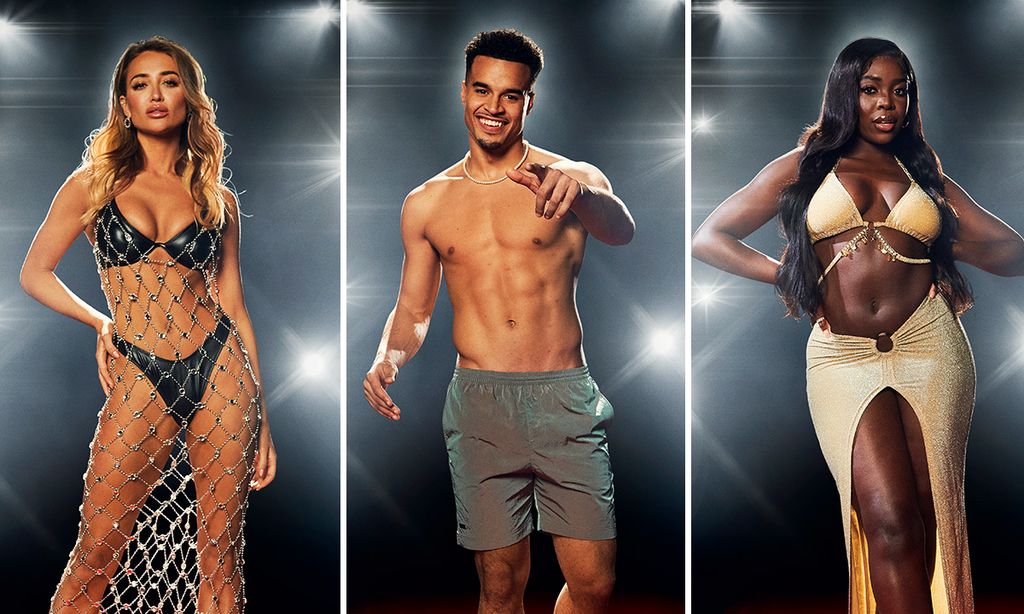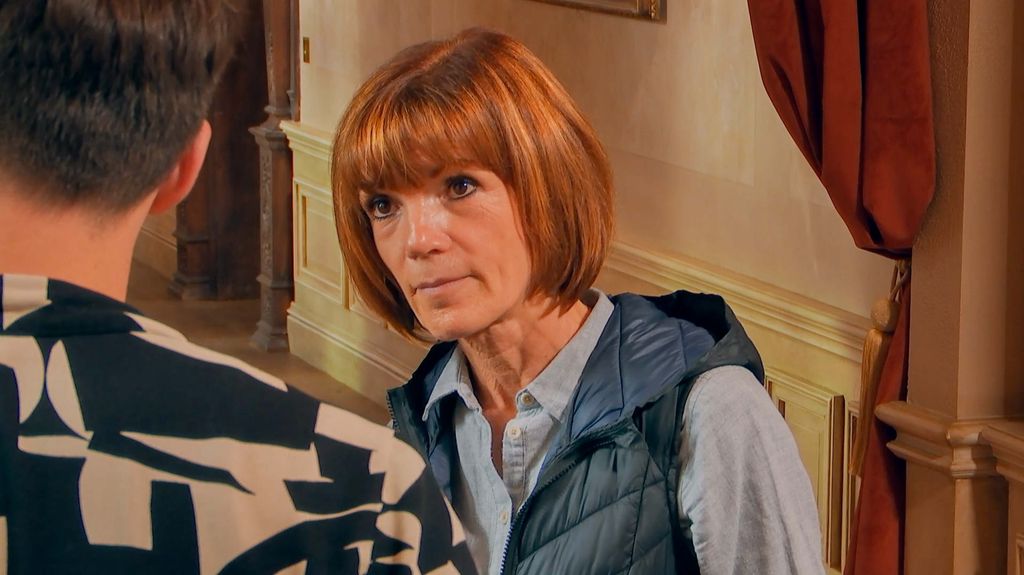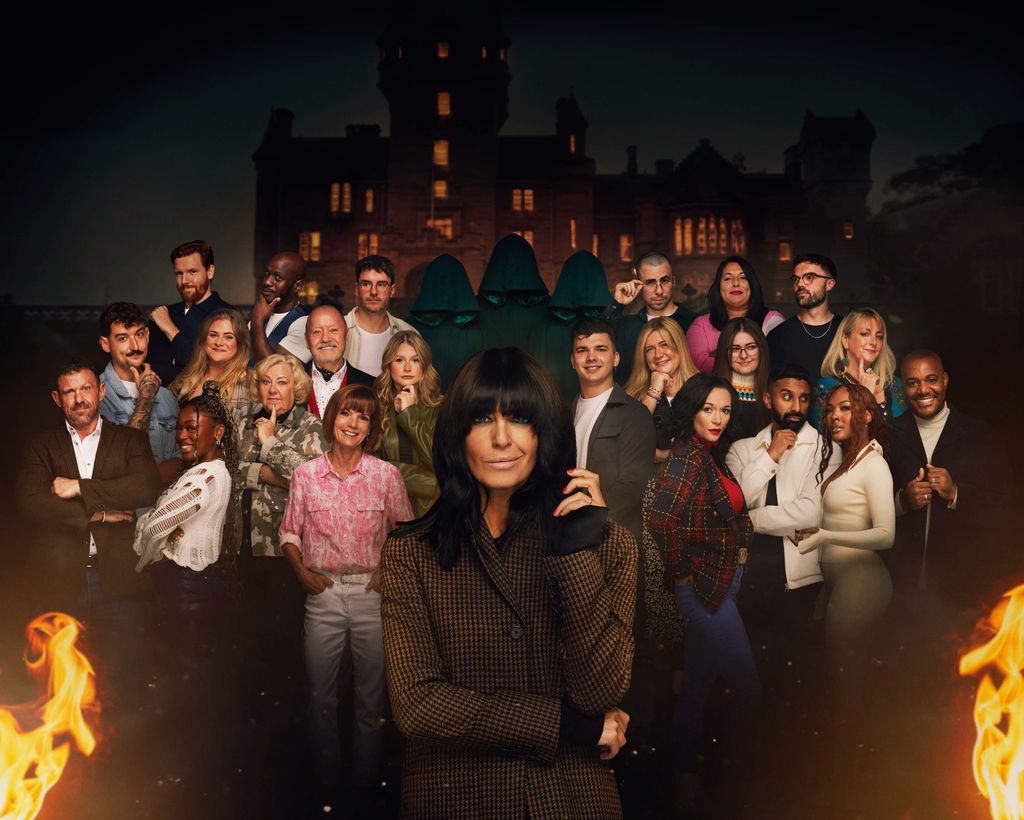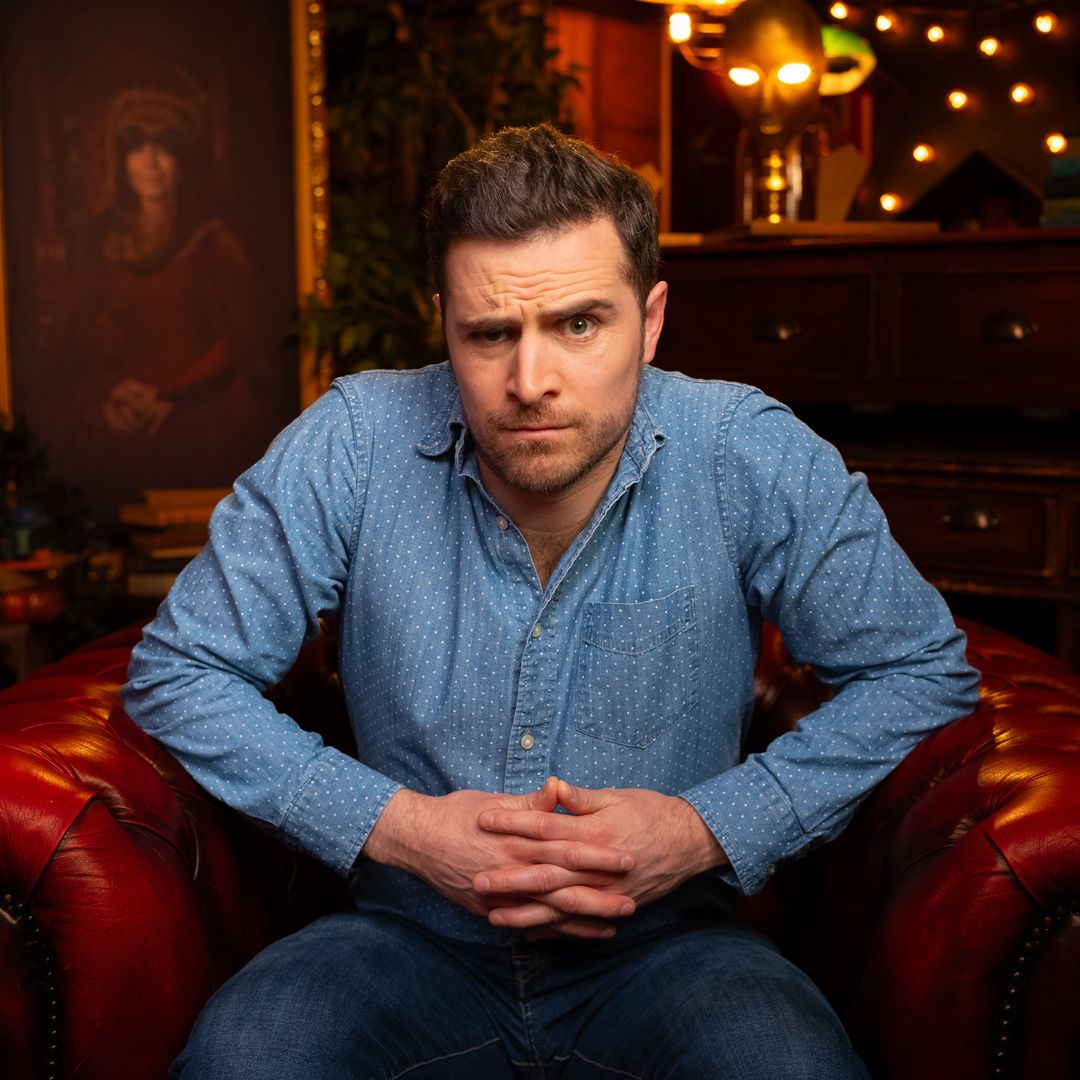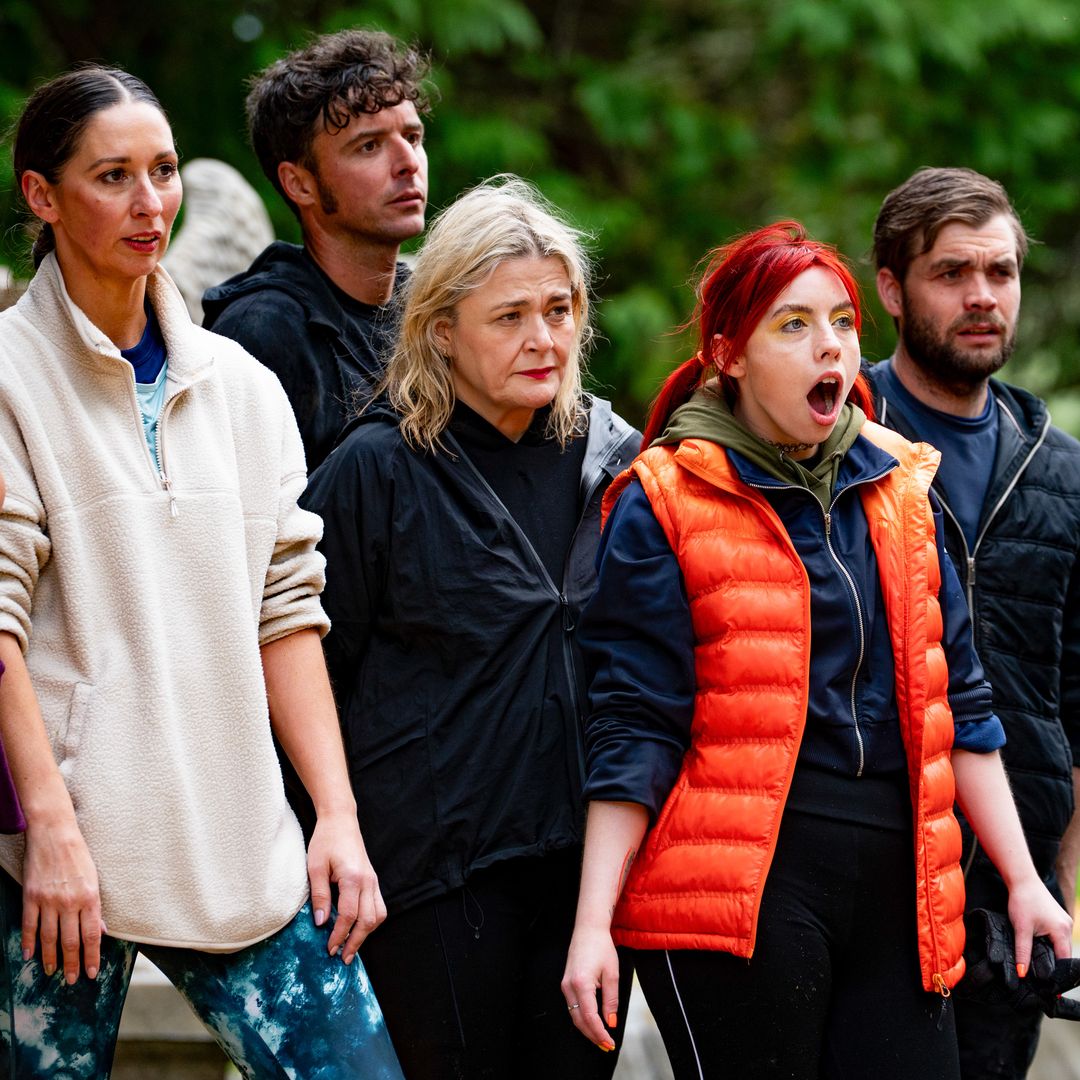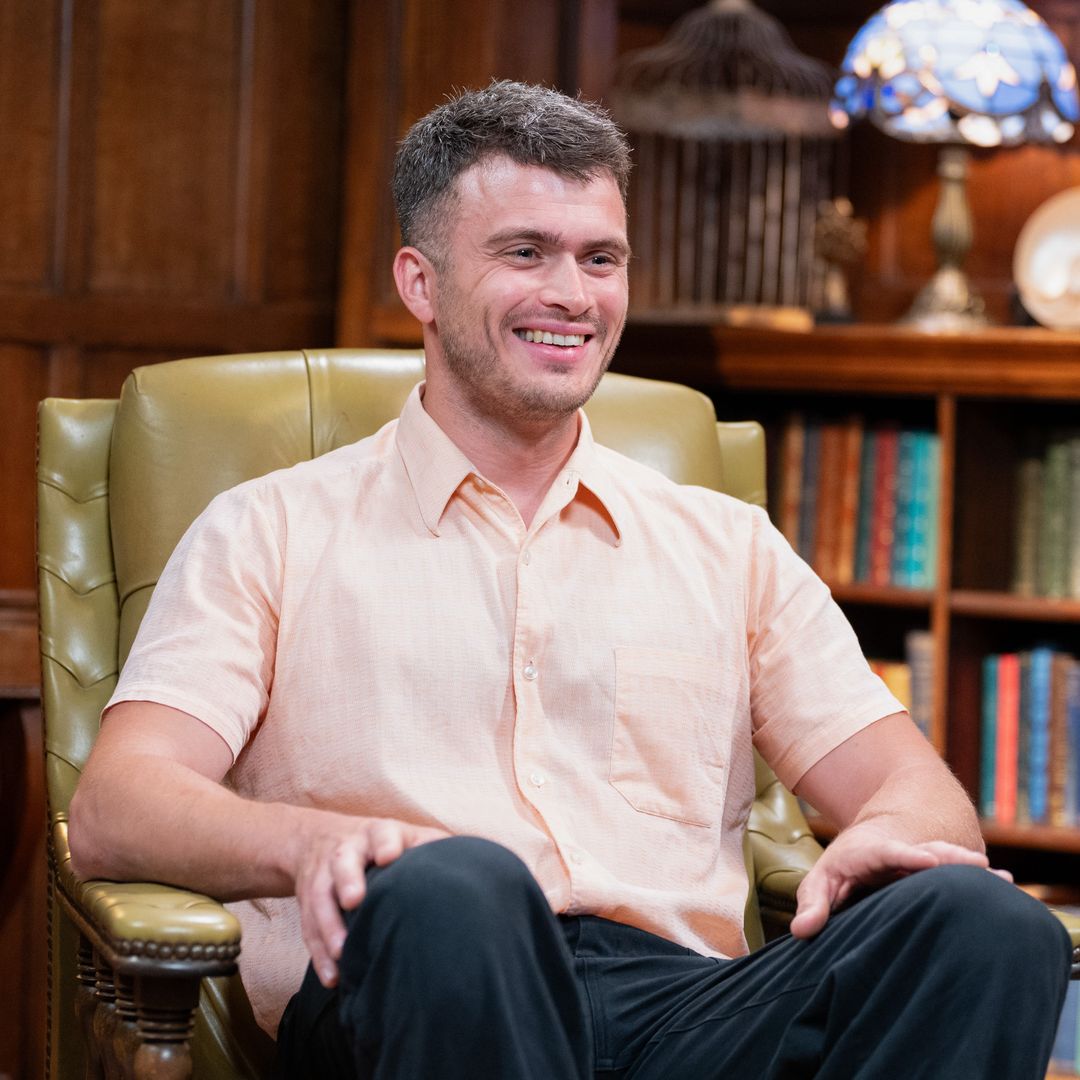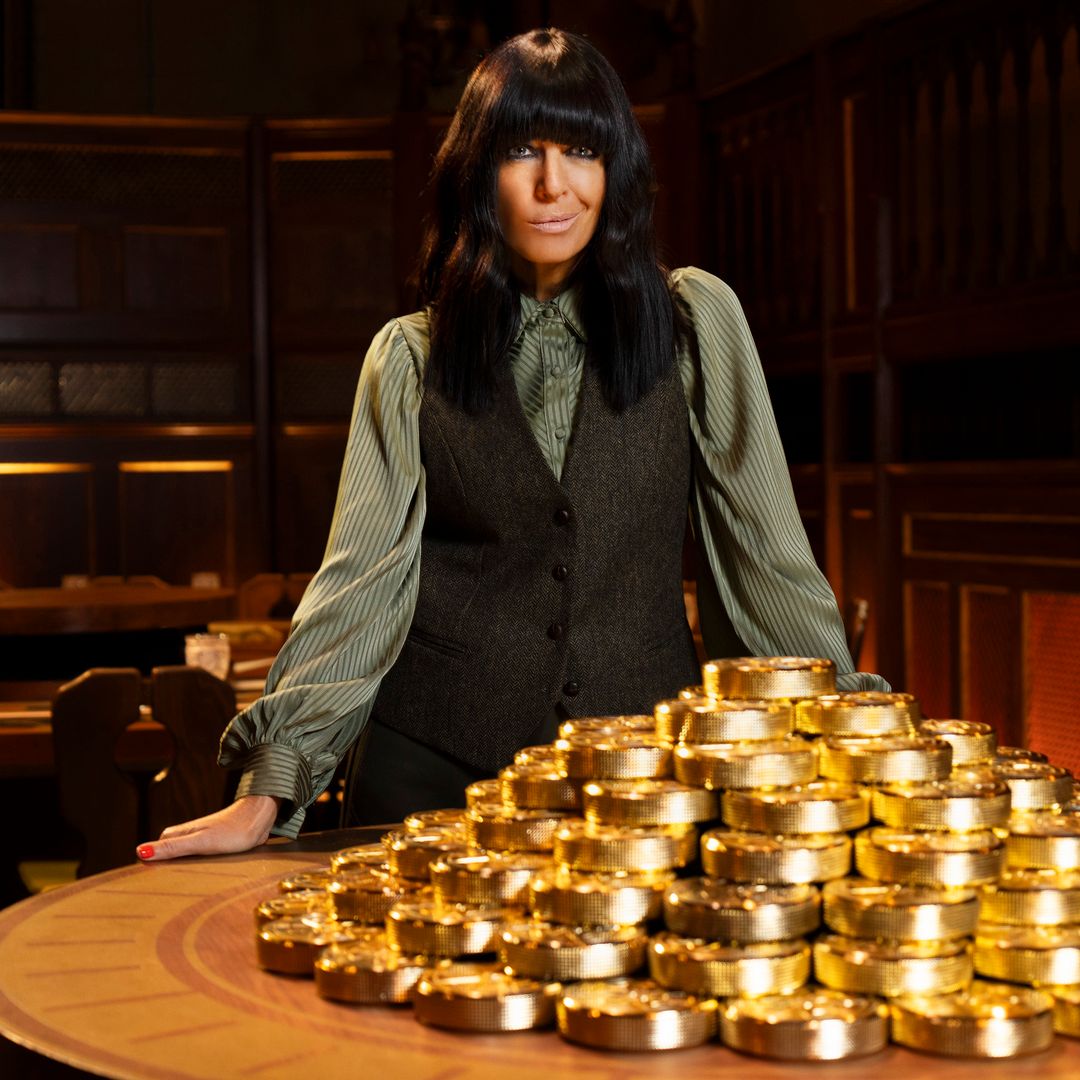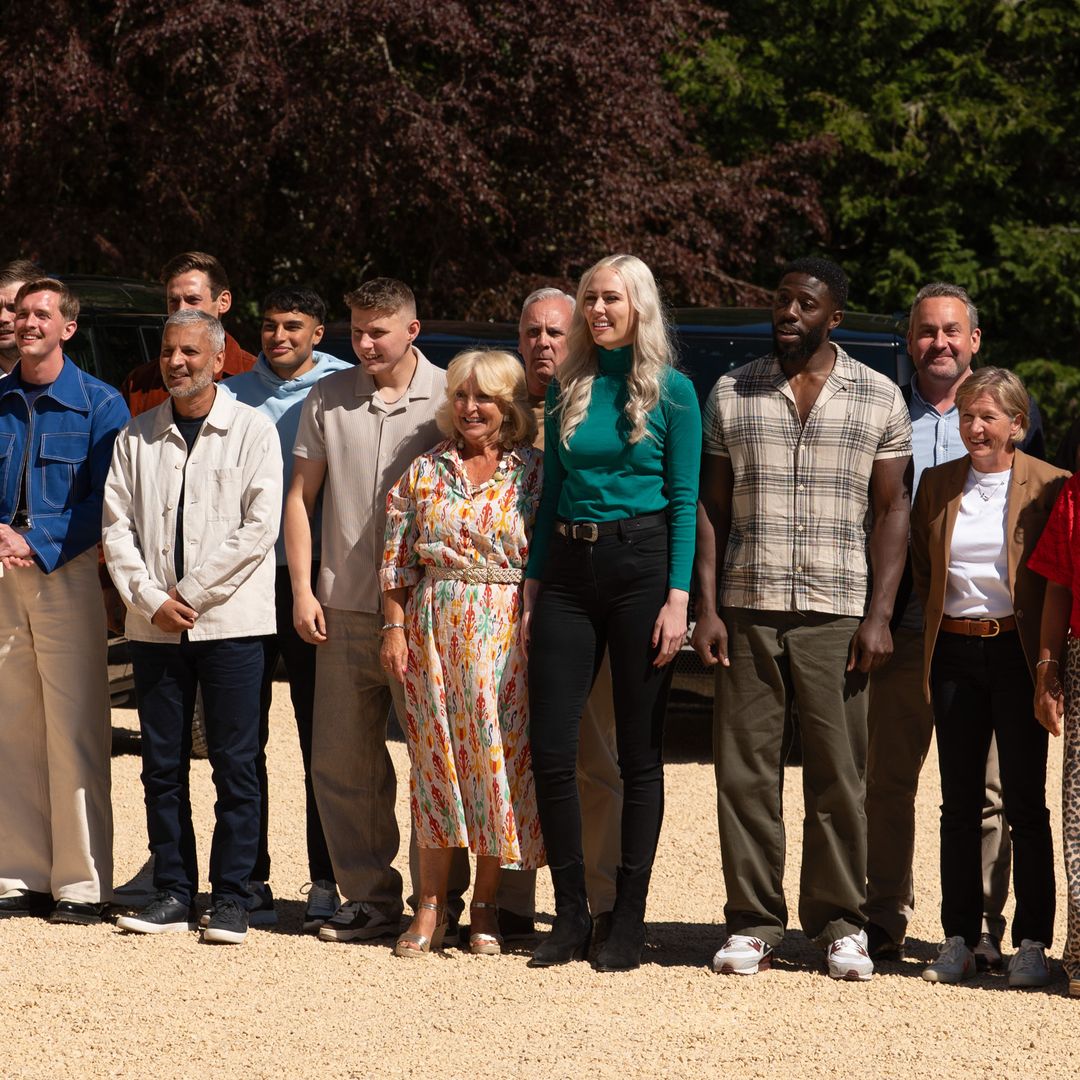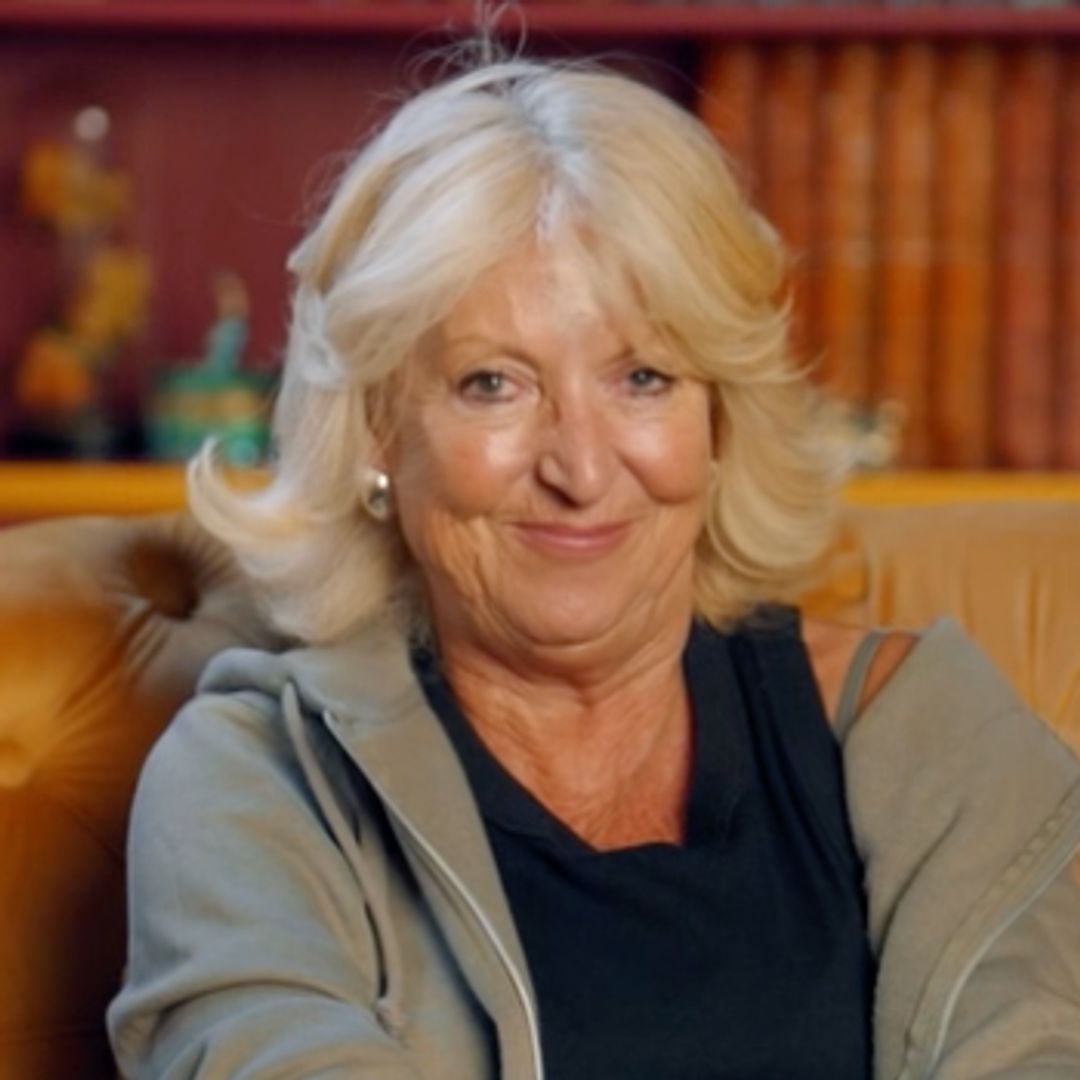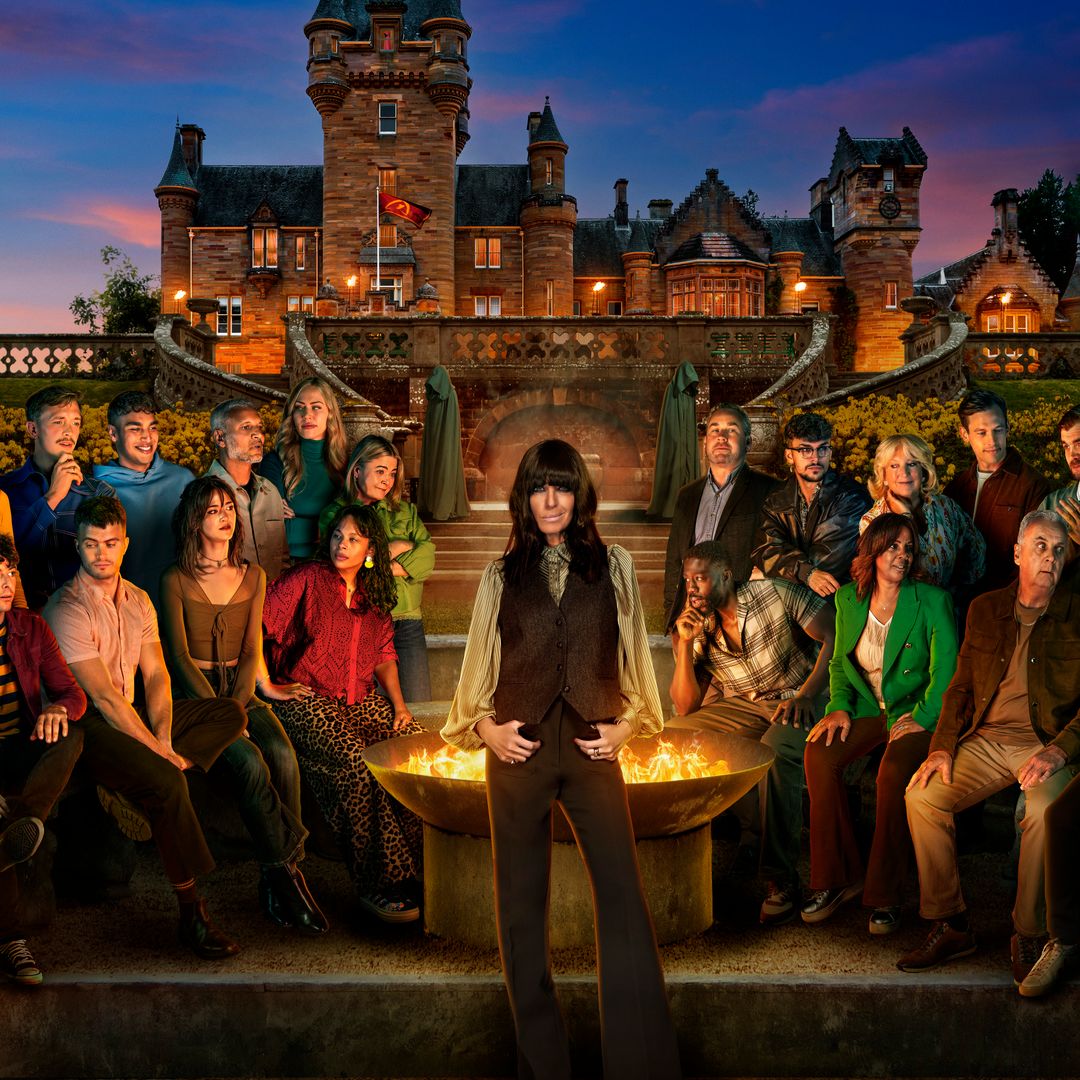There was a time that the techno beat of Love Island’s introduction would give me a shiver of excitement on a lazy summer’s evening, tucked on the sofa with snacks, phone in hand, ready to watch the show and - more crucially - be entertained by Twitter’s hilarious take on the latest villa drama.
But - slowly but surely - the show’s shine began to dim. Maybe it was the overexposure; with the ITV2 reality show going from a one-show-a-year TV event to a winter and summer version, maybe it was the slight eye roll at watching the same dramas play out time and time again… or maybe I’m just getting old.
Either way, when the show came back for an All-Star edition for 2024, to air over the same time as the BBC’s The Traitors - I knew exactly what I was watching.
Airing for the first time back in December 2022, The Traitors couldn’t be more different from Love Island. Taking place in a chilly Scottish castle with Claudia Winkleman as the presenter (and knitwear model), the first series was a refreshing take on reality TV, with cast members feeling more like the boy or girl next door rather than the boy or girl you’d see selling gummy vitamins on Instagram.
Unlike shows like Love Island or Made in Chelsea, the production also feels very understated, like the producers just put all of the contestants in a big castle and rolled the cameras.
Manufacturing dramatic moments, like two characters being ‘pulled for a chat’ proved unnecessary as paranoia, outrage at being accused of dishonesty and the stress of potentially being murdered or eliminated every night led to total mayhem in season one - without producers egging the stars on.
By season two, my conversion to The Traitors from Love Island was complete. Although the season has been epic - a tragedy and comedy of Shakespearian levels - I think one of the main things that influences the move is the transformation of terrestrial TV events, and our reaction to them.
And I’m not alone. The Traitors recently received over 4 million people on BBC for the iconic episode where Diane was poisoned with a murderous chalice of fizzy rose. The show’s companion show received almost 1 million viewers. Love Island: All Stars, by comparison, received 800,000.
And I’m not alone. The Traitors recently received over 4 million people on BBC for the iconic episode where Diane was poisoned with a murderous chalice of fizzy rose. The show’s companion show received almost 1 million viewers. Love Island: All Stars, by comparison, received 800,000.
A few summers ago, we all gathered to laugh at and with Love Island, sharing memes and clips reacting to the drama - but now the jokes feel stale. After all, we’ve seen them all before - just like we have already seen all of the contestants.
As one of my colleagues pointed out, these stars already all know each other - they’ve all attended the same glitzy London soirees, red carpet events and club openings - if they were there to find love, they would have found it already. Where is the emotional investment? Where is the couple we’re rooting for? Quick simply, it feels as though there are absolutely no stakes.
Our TV writer Megan Bull explained: "The reason I don't watch it anymore is that it doesn't feel genuine anymore. It feels like they're influencers looking for a brand deal rather than a relationship." Meanwhile HELLO! reporter Isabelle Casey added: "What I like about The Traitors is that you could find the entire cast in Sainsburys. They're real people, with no agenda. You really feel a front row to a psychological experiment."
Meanwhile, The Traitors’ stakes couldn’t be higher. While contestants would like their cash prize, what has become more important now is their all-encompassing pressure to be perceived by their fellow players to be Faithfuls, whether they are, or not. While some are obsessed with their integrity and getting out the Traitors, the Traitors are gleefully toying with their new friends. Either way, the action is compelling.
It’s easy to become emotionally attached to the crowd too, ranging from the earnest, quick-thinking ‘Jazatha Christie’, to the moustache-twirling villain, Paul.
More importantly, the jokes are fresh. Like we all did once upon a time with Love Island, creativity on social media with The Traitors has united viewers across the country - and feels like the next level of modern event television. As for Love Island? It’s just not our type on paper anymore.
